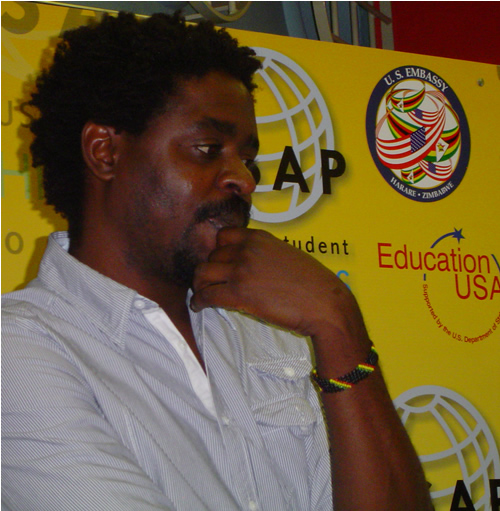Harare, the stinking city
Tuesday, August 28th, 2012 by Elizabeth NyamudaI have watched over the years how the Zimbabwean government and the responsible authorities around the country watch certain illegal habits grow in cities and towns until they become the normal thing to citizens. And just from out of the blue they pounce on the unaware “law-breaking” citizen with an operation to punish them. Illegal settlements did not just wake up one day and appear. They were there for some time and the City Fathers would see these and leave the residents until the residents felt homely and legal. But in the end they experienced the harsh Operation Murambatsvina.
For years retailers with or without liquor licenses were selling alcohol. In supermarkets alcohol was being sold until the time they closed their doors overriding their liquor licenses which regulates them to sell liquor up until 8pm. But who stopped them? They sold beer until people thought buying beer from a supermarket after 8pm was legal. But again they got slapped with a reminder of the regulation just when business was good and everyone expected to buy beer whenever they wanted.
For years we have been witnessing car sales sprout in and around the city. Name any major road in Harare and you will find a number of car sales. If one needed to open a car sale they only needed some poles and fence and an open area along a major road, and boom they were in the car trading business. But now the Harare City Council is conducting a clean-up exercise to wipe out all illegal car sales. Where has the City Council been while some of these “businesses” have been trading for more than 5 years at specific locations?
Today my nerves raged a bit as I read a story by Chipo Masara, an environment journalist with The Standard newspaper who reported how human waste is among Harare’s “litter” in the CBD. The areas most affected are kombi ranks where the City has failed to provide toilets. For the rank marshals, the hwindis and all vendors in the surrounding areas, using the city center as a ‘bush’ is now seen as normal. To them urinating in containers and throwing them on the street is considered to be ok. So the next thing is we will have the City as dirty as you can imagine and our City Fathers will pounce on us with an Operation Wawetera Papi to fine anyone relieving themselves in the wrong places. I wonder what they are waiting for?
Those in authority should make sure from the onset that people know what is wrong and right. Is it that our police force that should be helping with the enforcement of laws in the country is diverting most of their energy to political related stuff? To me they seem to be doing a really good job implementing POSA, AIPPA, the Criminal and Codification Act and all the other draconian laws that exist, at the expense of our country’s upkeep and well being as a whole. Such issues need to be addressed as the glory of the Sunshine City will continue getting lost to an extent where trying to get back to how we once were will mean building a new city altogether.










